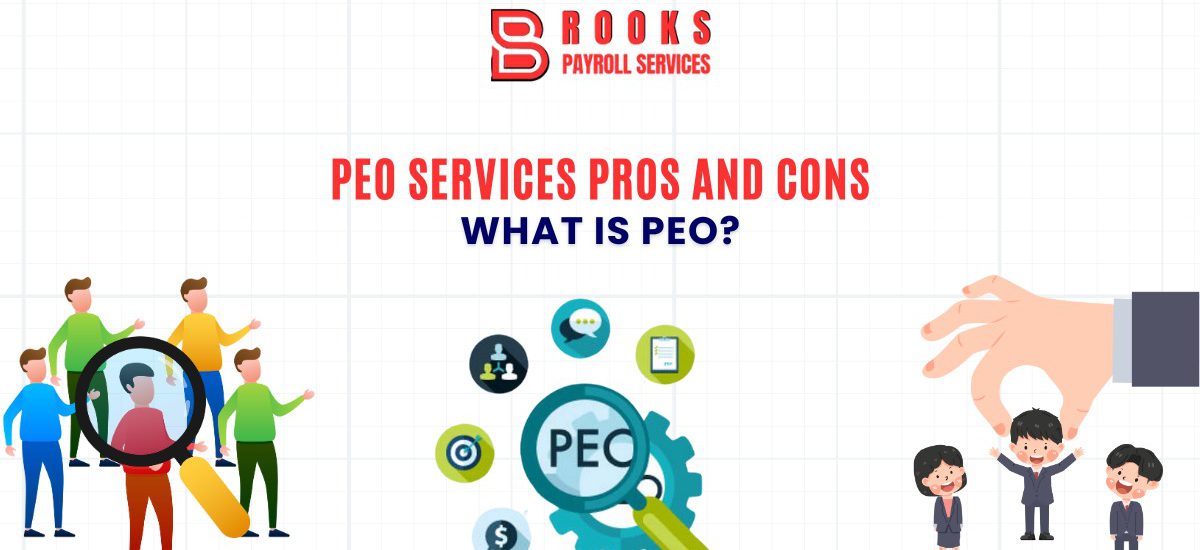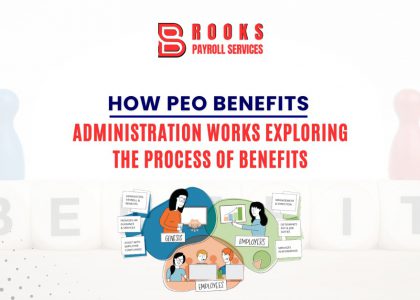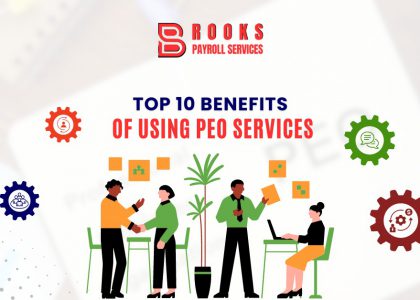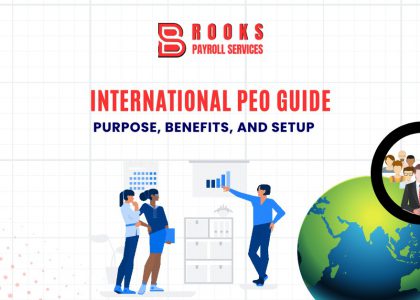Introduction
Navigating the complexities of HR management can be a daunting task for businesses, especially for small and mid-sized companies. This is where a Professional Employer Organization (PEO) steps in. But what exactly is a PEO, and how can it benefit your business? In this article, we’ll dive deep into the world of PEO services, exploring their pros and cons to help you decide if partnering with a PEO is the right move for your organization.
What is PEO?
A PEO, or Professional Employer Organization, is a company that provides comprehensive HR solutions for businesses. By entering into a co-employment relationship with your business, a PEO essentially becomes a joint employer of your employees. This means they handle a wide array of HR responsibilities, including payroll processing, employee benefits, tax administration, and compliance with labor laws.
PEOs operate by pooling resources from multiple client companies, allowing them to offer more competitive benefits and streamline HR processes. This partnership enables businesses to focus on their core operations while the PEO manages the administrative burden of HR.
The Role of a PEO in Modern Business
PEOs play a vital role in helping businesses manage their HR functions more efficiently. Here’s how:
PEOs and HR Management
One of the primary functions of a PEO is to manage human resources tasks that would otherwise require a full HR department. This includes everything from recruiting and onboarding to performance management and employee training.
Legal Compliance Support
Labor laws and regulations are constantly changing, making compliance a challenging aspect of business management. PEOs stay up-to-date with these changes and ensure that your business remains compliant, reducing the risk of costly legal issues.
Payroll and Tax Administration
PEOs handle payroll processing, ensuring that employees are paid accurately and on time. They also take care of tax filings, withholding, and compliance with local, state, and federal tax regulations.
Employee Benefits Management
Managing employee benefits can be complex and time-consuming. PEOs offer access to a wider range of benefits, often at lower costs due to their ability to negotiate on behalf of multiple clients. This includes health insurance, retirement plans, and other perks that are crucial for attracting and retaining top talent.
Pros of Using PEO Services
Cost Efficiency
One of the significant advantages of using a PEO is cost efficiency. By outsourcing HR functions to a PEO, businesses can reduce their overhead costs. PEOs also leverage economies of scale to offer better employee benefits at lower costs, which can be particularly beneficial for smaller companies.
Time-Saving
HR management is time-consuming, especially for small businesses that lack dedicated HR staff. PEOs streamline these processes, allowing business owners and managers to focus on their core business activities. This can lead to increased productivity and growth.
Compliance and Risk Management
PEOs provide expertise in labor laws and regulations, which helps minimize legal risks. They ensure that your business complies with all relevant laws, reducing the likelihood of fines, penalties, and lawsuits.
Access to Better Benefits
PEOs can offer competitive benefits packages that might be out of reach for small businesses on their own. This includes health insurance, retirement plans, and other perks that can help attract and retain talented employees.
Enhanced Employee Experience
With professional HR support from a PEO, employees receive better services, such as timely payroll, efficient handling of benefits, and support with HR issues. This can lead to improved employee satisfaction and retention.
Cons of Using PEO Services
Loss of Control
One of the downsides of using a PEO is the potential loss of control over certain HR functions. Since a PEO manages many aspects of HR, businesses may feel they have less direct influence over these processes.
Cost Considerations
While PEOs can be cost-effective, there may be hidden fees associated with their services. Additionally, the long-term cost implications of relying on a PEO should be carefully considered.
Compatibility Issues
PEOs might not always align with your company’s culture or way of doing things. This can lead to communication challenges and misalignment between your business and the PEO.
Limited Customization
PEOs often offer standardized solutions that may not be tailored to your specific needs. If your business requires highly customized HR services, a PEO might not be the best fit.
Data Security Concerns
Entrusting a PEO with sensitive employee information comes with risks. It’s essential to choose a reputable PEO with robust data security measures in place to protect against breaches.
How to Decide if PEO Services are Right for Your Business
Deciding whether to partner with a PEO requires careful consideration. Start by assessing your business needs and evaluating the pros and cons discussed above. Consider the size of your company, your growth stage, and your HR requirements. If you value cost efficiency, access to better benefits, and compliance support, a PEO might be a great fit. However, if you prefer maintaining direct control over HR functions or need highly customized solutions, you may want to explore other options.
Conclusion
PEO services offer a range of benefits that can help businesses streamline their HR operations, reduce costs, and stay compliant with labor laws. However, they are not without their drawbacks. Before making a decision, it’s important to weigh the pros and cons, considering your business’s unique needs and circumstances. With the right PEO partner, you can focus on growing your business while leaving HR management in capable hands.
FAQs
- What types of businesses benefit most from PEO services?
Small to mid-sized businesses with limited HR resources benefit most from PEO services, as they can outsource complex HR tasks and focus on core operations. - How do PEOs handle employee disputes?
PEOs typically have experienced HR professionals who mediate and resolve employee disputes, ensuring compliance with employment laws and company policies. - Can a business switch PEO providers easily?
Yes, businesses can switch PEO providers, but it’s important to consider the timing and potential impact on HR processes. Proper planning can minimize disruptions. - What are the alternatives to using PEO services?
Alternatives include handling HR in-house, hiring an HR consulting firm, or using an Administrative Services Organization (ASO) for specific HR tasks. - How does a PEO differ from an ASO (Administrative Services Organization)?
While both offer HR support, a PEO enters into a co-employment relationship with your business, whereas an ASO provides services without becoming a co-employer.









